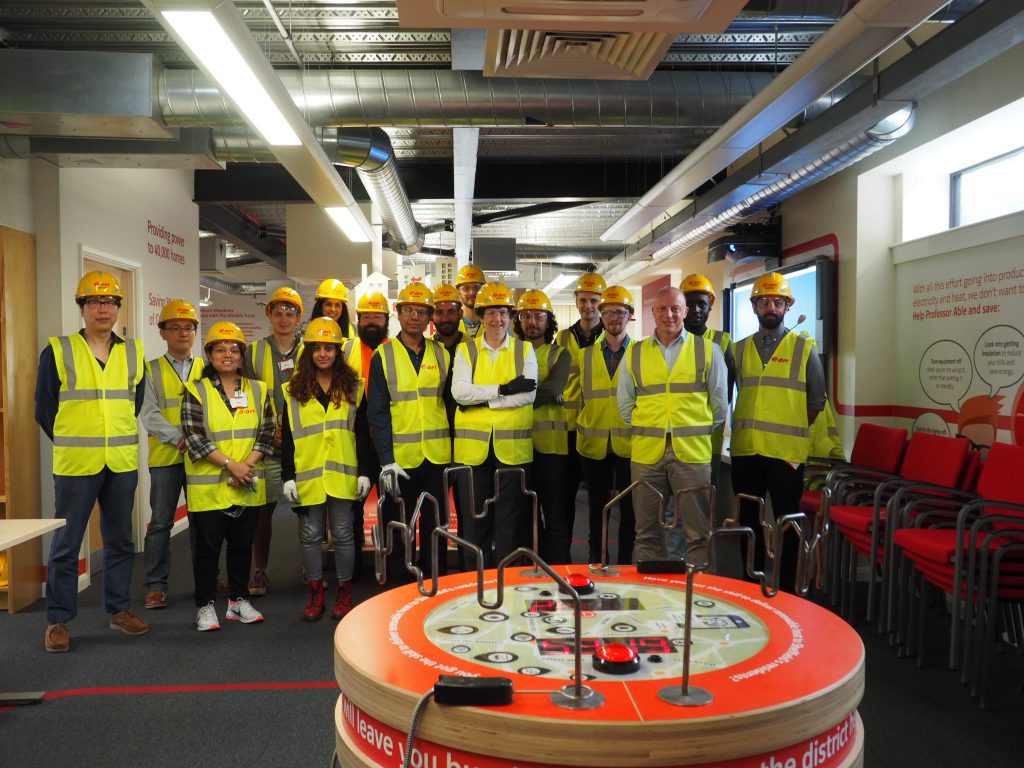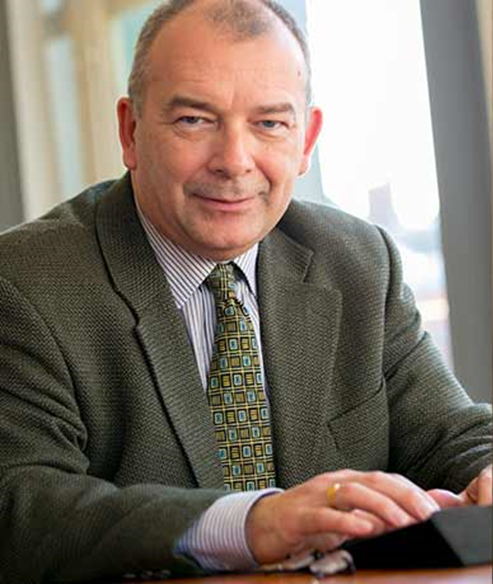 Catherine Kain, a PhD student in Planning from the University of South Australia, recently travelled to the UK and took part in the Doctoral Training Alliance Energy Summer School. She is carrying out research into the value proposition of low carbon sustainable housing development from a property developer’s perspective.
Catherine Kain, a PhD student in Planning from the University of South Australia, recently travelled to the UK and took part in the Doctoral Training Alliance Energy Summer School. She is carrying out research into the value proposition of low carbon sustainable housing development from a property developer’s perspective.
My research explores the attitudes and perceptions of energy efficiency measures in new residential development. Factors contributing to the property developer’s decisions, for instance costs, availability and marketability, will be explored to determine the developer’s value proposition of sustainable development and whether strategic decision making can encourage greater adoption of low carbon initiatives. The wider significance of this research is to challenge the perceptions and realities in the development value chain that may result in barriers to adoption and encourage behaviour change in support of global climate change initiatives.
The Doctoral Training Alliance (DTA) Energy Summer School was an important part of my development as a researcher. It encouraged students to think about dissemination and integration of ideas into industry to achieve practical and effective outcomes. One of the most practical sessions for me was on day one by Professor Alan Reed where we were encouraged to break our research down to a practical level to articulate the anticipated impact of our research. In addition, the session by Dr Heather Sears on improving our presentation skills through simplicity helped students think beyond the technical depths of our topics to encapsulate and convey key ideas in a few minutes. The instruction alone made the Summer School worthwhile, but the exposure to peak academic and industry specialists, and the camaraderie within the academic and peer communities made the occasion equally aspirational, practical and memorable.
The Summer School offered me the prospect of meeting fellow researchers in person and discussing the relevance of our individual specialisations to the overarching multi-disciplinary Energy theme and gaining insights into the broader body of work being undertaken in this field. Personally, I appreciated the opportunity and privilege to network with the connections of my supervisors and other academics contributing to my thought development.
Prior to my PhD venture, I spent two years in China where I learned that ‘guanxi’ (pronounced guan-shi and loosely defined as networks of influence) was the key to success in professional life. In fact, my Chinese experience was challenging until I understood this crucial cultural concept of relationships holding the keys to pivotal doors in my journey. I learnt, through tenacity that vital, yet elusive, links can unlock rewarding and unforgettable experiences.
The DTA Energy Summer School concluded a memorable and satisfying chapter in my PhD. I found that the structure of the Summer School was well developed with a good combination of presentations, feedback and interaction. The field trip to Drax, a biomass power facility, was well received, with many claiming this activity as their favourite. It is always a challenge in a multi-disciplinary environment to cater for all interests. However, whilst our specific research varies, the challenging doctoral journey was the common denominator. We felt like a group of kindred spirits in a safe house, and a firm bond ensued. From the outset, it was anticipated that the Summer School would be productive and effective in my research career development, however, it proved to be substantial and invaluable: offering perspective, connections, and collaboration, which is the vital ‘guanxi’ and currency in a successful academic career. On that basis, the DTA Energy Summer School was a resounding success.



